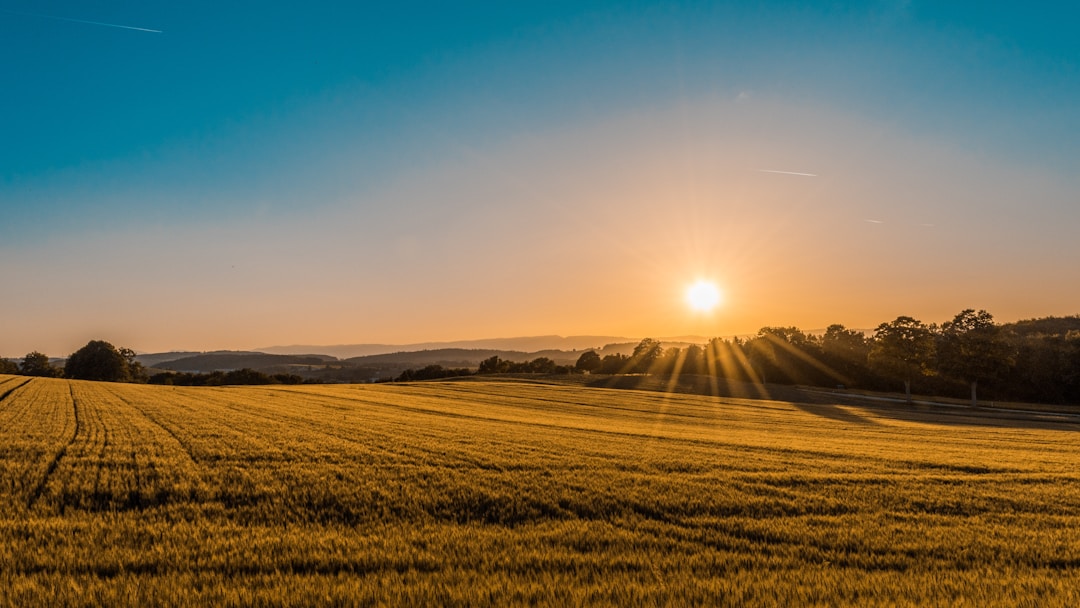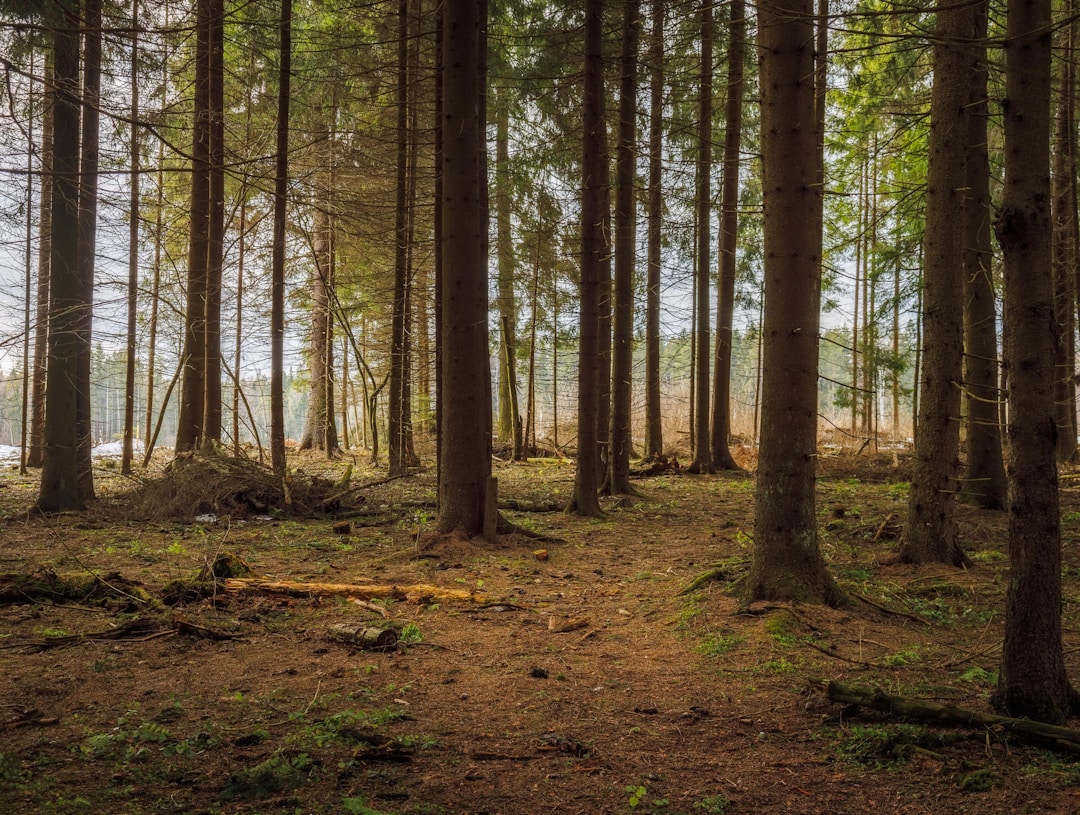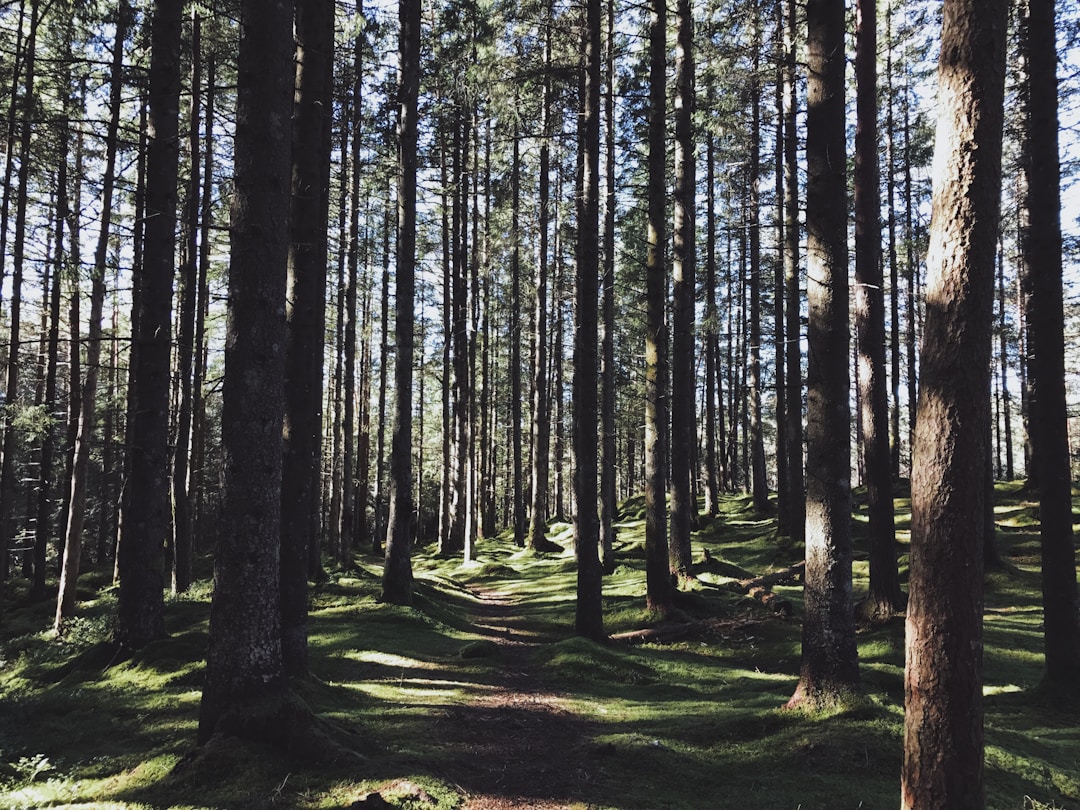Everyone has been there at one time or another in their lives: you’re riding down a country road and see a parcel of land, and you want to buy it. You can see yourself talking to a lender and purchasing that land, and becoming a homeowner without having to build the home right away. The fact is that land sits there, doing nothing, and you don’t have to do anything with it until you want to.
Owning land is simple and straightforward. You go to the lender, apply for a loan, put down your down payment, and you have land ready for you to do whatever you want to with it, whenever you want to do it. Whether you decide to put a new home on it, a retail space, or just let it sit while you pay the monthly payment is up to you. That’s what’s so great about owning land. However, for some, it might not be that simple.
There are many advantages to owning land. Most lenders have no problem issuing a loan amount for the land off the bat. One of the questions many homeowners ask is can you negotiate a home loan if the house you’re currently living in has problems? While that may be a problem for homeowners, it’s not something you have to deal with to get a loan at a lower rate when buying just the vacant land, because there’s no home there. Read on below for a few of the other advantages to owning vacant land to help you determine if it’s the right choice for you.
Pro: The opportunities are endless.

One of the biggest reasons to own vacant land is that once you get your loan amount from the lender, what you do with the land is up to you. As the borrower, as long as you pay your closing costs and get your monthly payments to the lender on time, you can do what you want with your land. The opportunities are endless. You can build your dream home on the land, a coffee shop, or just let it sit vacantly and enjoy watching the sunrise over the fields.
You need to check zoning laws in the area, however, as you need to follow those when you go to build anything, or else file the necessary papers to have the zoning changed.
Pro: Vacant land requires less maintenance.

Vacant land is much easier to manage than a piece of land with a new home on it. You don’t have any of the upkeep you do if you have a home or business on the land. However, if you do decide to put a new house on your piece of land, you may need to apply for a home loan through your lender. You can get a good mortgage rate if you have a good enough credit score. A great credit score will allow you to get a great interest rate from your lender, so it’s worth checking your credit history before applying for a mortgage loan.
Once you get your home loan through your lender and your new home is built, you should work hard to make it comfortable, cozy, and a place you’ll want to live in for many years to come. If you’re looking for inspiration, there are many articles out there that give you 3 ways to make a house feel more like a home (or more) to help you make your new house a home.
Con: Land can be more difficult to finance through a lender.

Many lenders have a problem with giving loans to a borrower if they’re only purchasing land. If you end up being unable to get a loan for your land from a lender and pay cash for the land instead, there’s no guarantee that the land and new home you build on it will sell if that’s your plan. This could put you in debt and even cause you problems with paying back your mortgage loan.
If you’re having problems selling land that you now have a new home on, you could talk to your lender about a lower interest rate on a new loan, or you could borrow money to overhaul the kitchen and make other repairs so that the land and home will sell faster.
These are just a few of the pros and cons of buying vacant land. Do your research, take your time, and do what’s best for you in the end.
